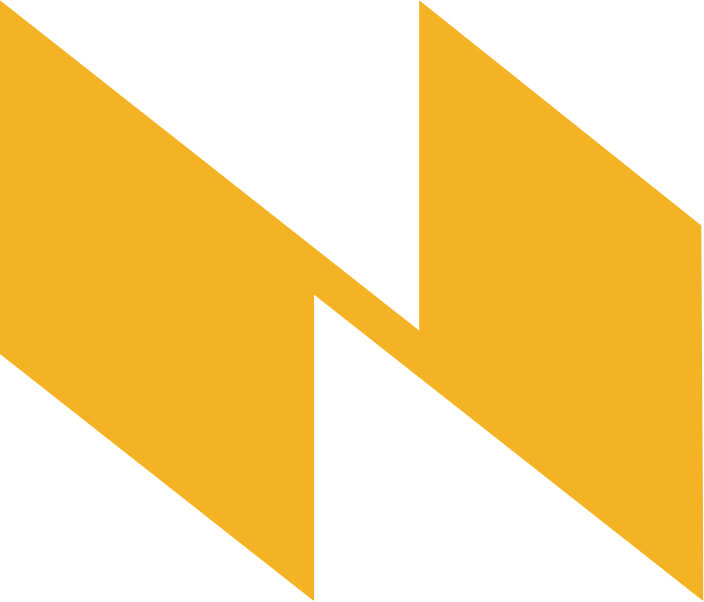More companies are recognizing the benefits of data and artificial intelligence in getting ahead, and the insurance industry is no different. Insurers are diving into the technological innovations, known as Insurtech, being presented to create and distribute on behalf of policyholders and underwriters alike. This disruptive technology is allowing for companies to explore beyond traditional human efforts, and give them a leg up on the competition in an already crowded field. Here are some of the top Insurtech trends to keep an eye out for this year.
Verification of Customer Identity

One of the major applications of Insurtech used by insurance carriers in making sure that a policyholder is who they say there. Identity verification has become a major focus of machine learning, assuring that users are not at cyber risk of having their identity stolen. This also helps to prevent fraudulent claims submitted by a third party with no connection to an insurance policy. Entrusting insurance companies with this personal data needs to come with a sense of safety no matter the innovation within insurance technology.
Insurers rely on the Know-Your-Customer process, or KYC, to assure that customer identification is verified, allowing for easier fraud detection and lesser disruption throughout the claims process. Insurance providers have to collect all counterparty information to verify identities, dealing with a litany of information with a focus on data accuracy. Some Insurtech companies now use blockchain to develop prototype software that stores customer information safely and gives access to an insurance company, reinsurers, and brokers for control over customer records.
Claim Management

Insurance companies are also relying on blockchain technology to create standardized claims documents that can be evaluated by underwriters in real-time. This also automates smart contract elements with flexibility and transparency to strengthen relationships with insurers and create a better customer experience. This Insurtech emergence within the insurance application process has also helped to expedite business processes without having to sacrifice data quality and security.
Smart contracts have automated protocols and algorithms that make it easier than ever to get through the insurance process. These tools make it simple for documents to be authenticated, negotiated, and even enforced when needed. For example, in the case of a life insurance policy payout, the system relies on automation to check death registers online to confirm the passing of the policyholder.
Once the death is confirmed, the payout is initiated without troubling the grieving family. This process has not only led to a quicker turnaround but has cut down on insurance fraud significantly. Smart contracts increase the speed and accuracy of clearing claims, increasing customer satisfaction.
Payment Processing

With insurance companies streamlining the claims process thanks to Insurtech, it’s also streamlining premium payment and the f implementation of the cost of an insurance product. For example, auto insurance providers may offer plans based on the miles driven. A telematics system inside the vehicle records these miles in real-time so the premium is calculated and paid, reducing human error in number crunching.
Insurtech is driven by consumers to allow for greater transparency and peace of mind for any form of comprehensive insurance coverage. Filing an insurance claim is no longer the headache it may have been just years ago, thanks to strides in innovation and analytics that put the policyholders first.
It’s also more accessible than ever thanks to the development of smartphone apps that allow for claims to be submitted from afar, say at the scene of a car accident. Insurtech even allows for real-time checks on where the claims process stands at any hour. With stringent security policies, consumers feel safer and more recognized in the insurance marketplace than ever before.





















